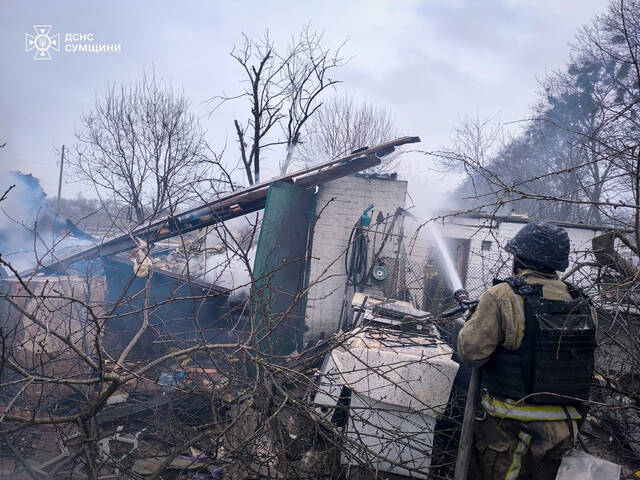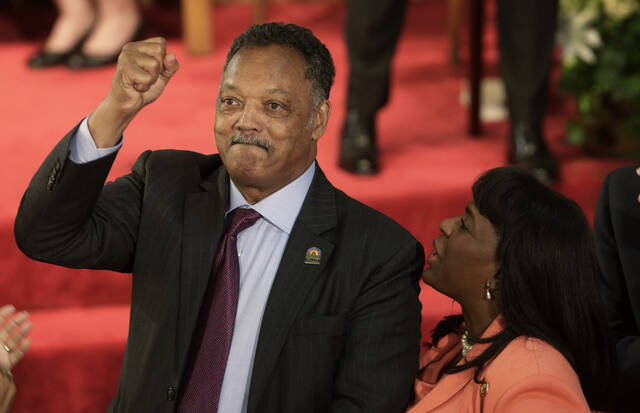Duquesne University on Wednesday fired an education professor for “serious misconduct” less than a month after suspending him for his use of a racial slur in a virtual lecture related to race.
“We have 30 days to grieve the termination and certainly will do so,” Warner Mariani, attorney for the embattled professor, Gary Shank, told the Tribune-Review.
Shank — who’s been teaching for nearly three decades and a faculty member at Duquesne since 1997 — had been on paid leave since Sept. 11, when video was posted to Twitter of the portion of his Sept. 9 virtual class that drew backlash from some students, alumni and community members. University officials placed Shank on paid leave “moments after” learning of Shank’s use of the slur multiple times during a presentation in his course on educational psychology.
The prompt suspension was followed by an ultimatum, with the university giving Shank a chance to resign. His attorney said at the time that Shank had no intention of doing so.
The university’s response prompted Shank’s attorney and civil liberties advocates to argue that Duquesne risks setting a dangerous precedent and violating its own rules regarding academic freedom.
“While Duquesne will not comment on the personnel matter, it will confirm that it takes seriously Dr. Shank’s in-class conduct on Sept. 9, 2020, which included repeated use of a racial slur,” Gabriel Welsch, the university’s vice president of marketing and communications, said by e-mail Wednesday afternoon. “Duquesne University is deeply committed to providing a campus and learning experience that is respectful, safe and inclusive for all members of the Duquesne community. In fact, the University recently announced an action plan intended to examine and enhance how we create an inclusive climate at Duquesne.”
On Friday, a Philadelphia-based civil liberties group wrote to the U.S. Department of Education’s Office of Postsecondary Education, asking for an investigation into Duquesne’s disciplinary actions against Shank and “to determine whether monetary penalties or other measures are appropriate.” The Foundation for Individual Rights in Education, or FIRE, describes itself as a nonprofit, nonpartisan organization that defends academic freedom, freedom of conscience and other rights at college campuses nationwide.
The foundation already had argued in a Sept. 16 letter to Duquesne University President Ken Gormley that seeking to oust Shank for his use of the racial slur violates not only the university’s own handbook and policy, but also could expose the university to legal liability and possible federal sanctions.
The letter — which emphasized “censorship is a cancer on the academic enterprise” — said that Duquesne’s own policy commits “to refraining from punishing faculty members for discussing ideas, topics and material that, however deeply uncomfortable or offensive to others, is pedagogically relevant to the course.”
Shank, who is white, gave participants of the online class in question “permission” to use the N-word “in a pedagogical sense,” though no students did so during the two minutes of video posted to social media. The professor then repeatedly said the word while explaining he was demonstrating a point about how when he was younger, it was “a very commonly used word.”
Mariani says that Shank used the slur not to cause any offense or harm, but because “he thought it would be the most effective way of teaching.”
The foundation says that Shank’s use of the N-word was “not conduct directed in an insulting manner at any particular student,” nor does it amount to discriminatory conduct or harassment. It accused the university of shirking its duties “in the face of controversy and public anger.”
The foundation further cited the standards of Duquesne’s accrediting agency, the Middle States Commission on Higher Education, stating the institution should commit to protecting the “freedom of expression” of both students and faculty.
The American Association of University Professors also wrote to Duquesne calling for Shank’s reinstatement.
Shank’s termination letter, dated Wednesday and signed by David J. Dausey, executive vice president and provost at Duquesne, states that the decision was made after reviewing a report by School of Education Dean Gretchen Generett and determining that Shank had violated rules in the faculty handbook. Gormley and Generett were copied on the letter.
“To be clear, I believe that there is never a time, pedagogically or otherwise, for a professor to create a hostile learning environment,” Generett wrote in a statement on Sept. 11 in which she offered students her “sincere apologies to you for what you experienced.”“I know this from my experience as a student, a professor, and now as interim dean of the School of Education. Using the ‘N-word’ or seemingly encouraging students to use that word is not in keeping with the mission of the University, the School of Education, or the Pennsylvania Department of Education.”
The same day of the Sept. 9 course, after learning about student concerns, Shank emailed the entire class an apology statement, saying he considered his students to be “like part of my family” and that it was “deeply troubling to me to have had this impact.” He then spent much of his Sept. 11 class apologizing before learning of his suspension hours later.






